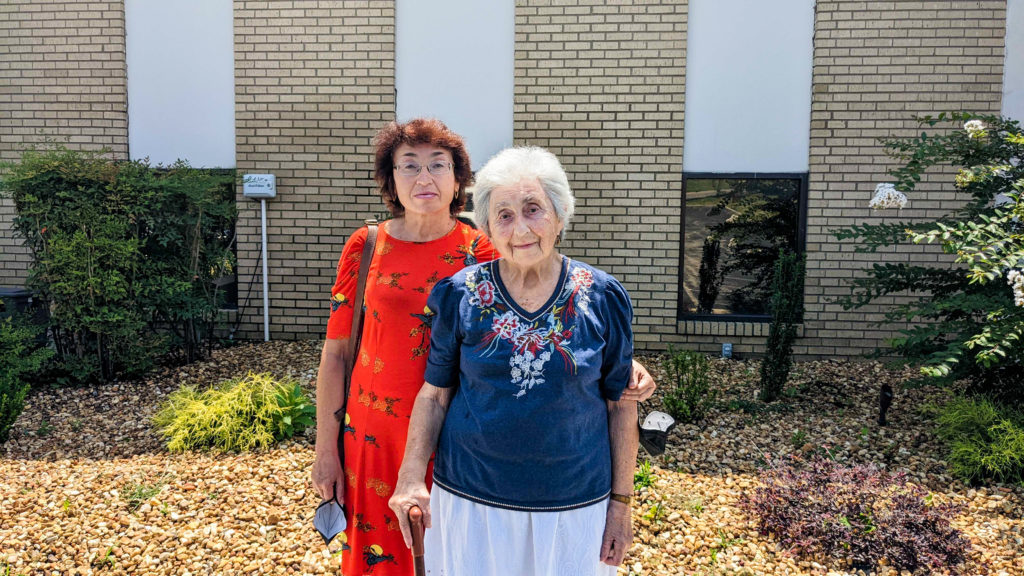
More than 70 Ukrainian refugees have made their way to Middle Tennessee since the start of the war earlier this year. But their resettlement process looks different from many others.
Technically, the Ukrainians arriving in Nashville are humanitarian parolees. And Max Rykov with Nashville International Center for Empowerment says that distinction comes with differences in what resources people can access.
Refugees who come through regular channels generally get certain support in the first 90 days — like $1,025 and help enrolling children in local schools.
“Those Ukrainian humanitarian parolees are not eligible for those specific types of help and the accompanying case management,” Rykov says.
Another difference with Ukrainian refugees: Most came here through sponsors. That has some major pros, like covering housing and food needs. But it comes with a serious drawback. Resettlement agencies don’t have an accurate prediction of how many people they’ll need to support.
‘We want to work.’
And one other — especially frustrating — difference according to Inna Shulkina is Ukrainians aren’t authorized to work when they arrive. NICE, which focuses on refugee resettlement, has been helping folks to fill out their paperwork once they get here. But getting approval can take months.
Shulkina arrived here this summer. Before that, she was an English teacher for three decades in Ukraine.
“We want to work. We want to be people, to be respected by the American society, to respect ourselves,” Shulkina says. “It’s a question of self-dignity and self-esteem.”
Working would let her be financially independent, but it’s not just about the money.
“The moment you start working, you start making new friends. You start socializing. You have someone who you can drink coffee with.”
Right now, Shulkina and her mother live with her daughter, who sponsored them, but she hopes that’s just a temporary solution.
“She does everything for me and my mom,” Shulkina says, “but I don’t want to be a burden for her.”
Paperwork complications
Shulkina has been checking in frequently on her work authorization paperwork, but shifting policies have complicated the process.
In order to apply for work authorization, there’s a $410 fee. At first, it wasn’t clear whether Ukrainian refugees needed to apply for a fee waiver, and as a result, some applications have been rejected.
Now that guidance is becoming clearer, NICE says it’s resubmitting employment paperwork for its clients, and asking for the fee to be waived. The agency says, “We are committed to creating a soft landing for our new Ukrainian neighbors and removing as many barriers as we possibly can on their journey to create a peaceful life in our community.”

